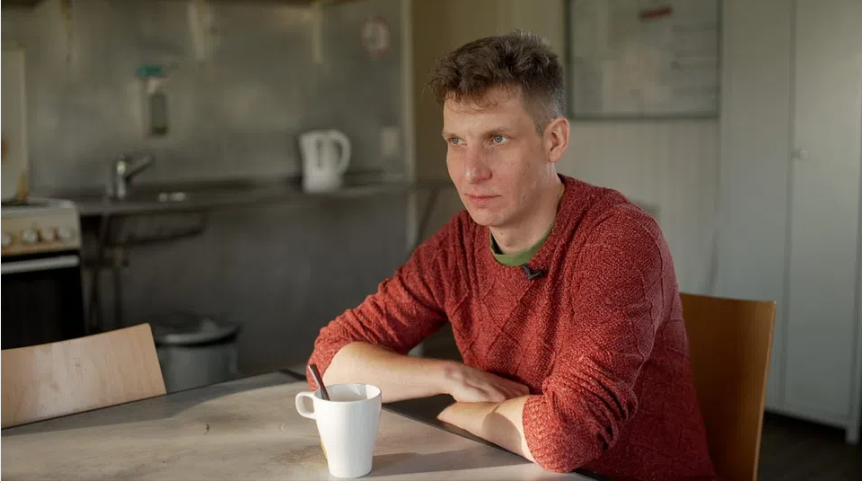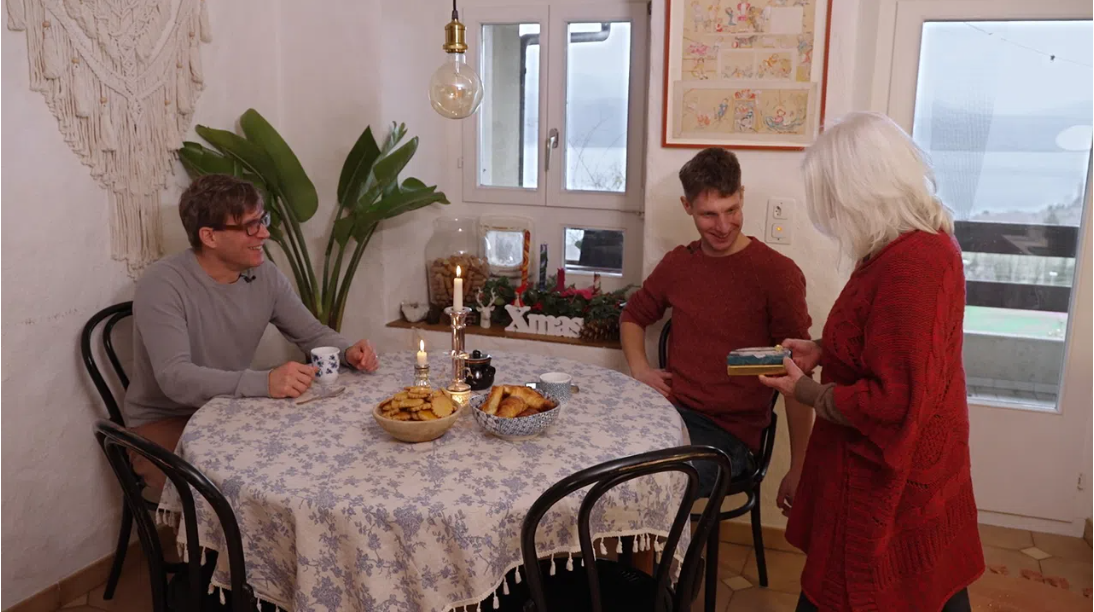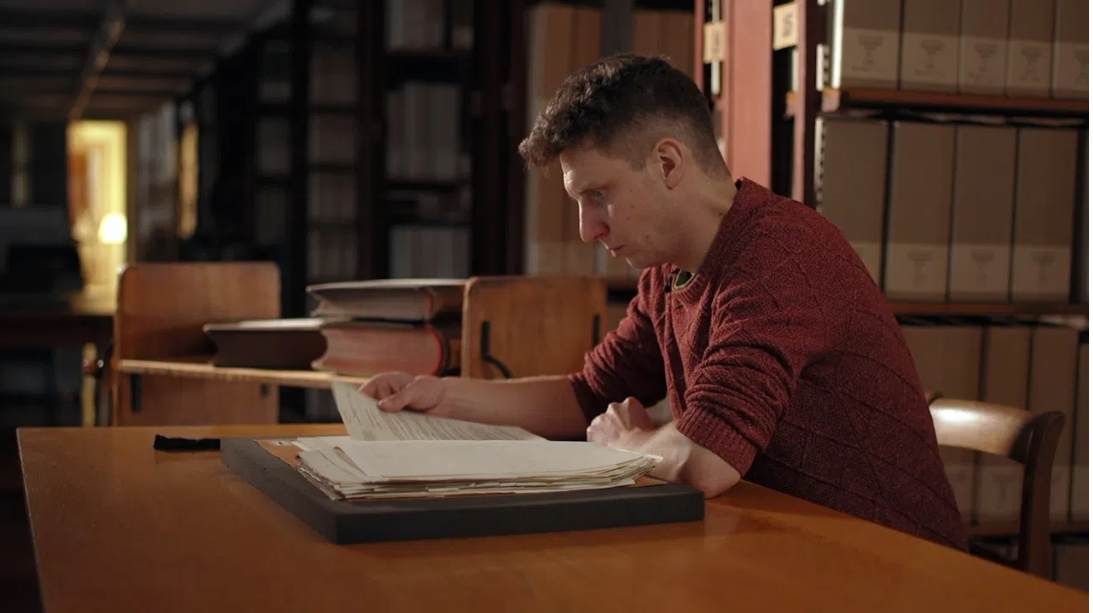
Russian descendant of Swiss mathematician faces asylum roadblock

Alexander Euler, a descendant of Leonhard Euler, one of the fathers of modern mathematics, does not want to be drafted into the Russian army - but Switzerland has refused to grant him asylum.
A few days after Vladimir Putin’s announcement of the mobilisation of the Russian army in September 2022, Euler fled the country for Switzerland. “I don’t want to destroy anyone, I don’t want to die!,” he said, explaining his decision.
Last summer, he received a letter from the Swiss State Secretariat for Migration (SEM). His asylum application was rejected. From the point of view of the Swiss authorities, Euler was unable to credibly demonstrate that he would be deported if he returned to Russia.

More
Are Russian deserters entitled to asylum?
Dealing with conscientious objectors
The SEM does not comment on ongoing asylum proceedings. In response to a query from Swiss public broadcaster SRF, the migration authority shared its general stance on the issue: “Asylum applications from people from Russia who credibly claim conscientious objection are currently not decided by the SEM and are deferred.”
From the point of view of the Swiss authorities, it is not possible to assess whether the punishment for conscientious objection to military service in Russia is disproportionate or inhumane.
However, the SEM does not consider Euler to be at any greater risk of being conscripted into the army than anyone else in Russia.
Fight for Swiss residency
The asylum application was rejected even though Euler’s parents received a letter from the Russian army. In it, Euler is asked to report to the recruitment centre to clarify personal details.
According to Russian law, this is not a conscription order. But the last two years have clearly shown that if a man enters a Russian recruitment centre, he is very likely to end up on the front line.

For Euler, returning to Russia is not an option. He hopes to be able to stay in Switzerland through the citizenship procedure. He is not the first person in the Euler family to fight to stay in Switzerland.
After the Russia revolution in 1917, several of Leonhard Euler’s descendants fled the country. This was followed by several years of legal battles before Euler’s descendants were recognised in canton Basel as citizens in the 1930s.
The Swiss Leonhard Euler (1707-1783) was a well-known mathematician and physicist.
He lived in St Petersburg and Berlin, among other places.
His complete works, the Opera Omnia, comprise more than 800 works.
His likeness can be seen on an earlier Swiss ten-franc note.
According to Rainer J. Schweizer, professor emeritus of constitutional law at the University of St. Gallen, this used to be possible in Switzerland: “In the 19th century and the first half of the 20th century, it was recognised that there were people with an old citizenship from the Swiss Confederation.” This was accepted as a reason for re-naturalisation.
Higher hurdles
The municipal body of the city of Basel is responsible for the question of the naturalisation of Leonhard Euler’s descendants. The president of the naturalisation commission, Stefan Wehrle, points to a tightening of the law.
“Since the 1950s, you lost your Swiss citizenship if you had another citizenship and were born abroad. You have until the age of 22 to submit a declaration of retention of Swiss citizenship.”

Re-naturalisation is likely to be difficult for Alexander Euler, as his father did not register with the Swiss authorities within the deadline. He has lodged an appeal against the SEM’s decision with the Federal Administrative Court.
Regardless of the final asylum decision, he has no plans to serve on the front line: “If I have to go back to Russia, I won’t join the Russian army. I’d rather go to prison than to war!”
Translated by DeepL/ac/amva

In compliance with the JTI standards
More: SWI swissinfo.ch certified by the Journalism Trust Initiative


























You can find an overview of ongoing debates with our journalists here . Please join us!
If you want to start a conversation about a topic raised in this article or want to report factual errors, email us at english@swissinfo.ch.